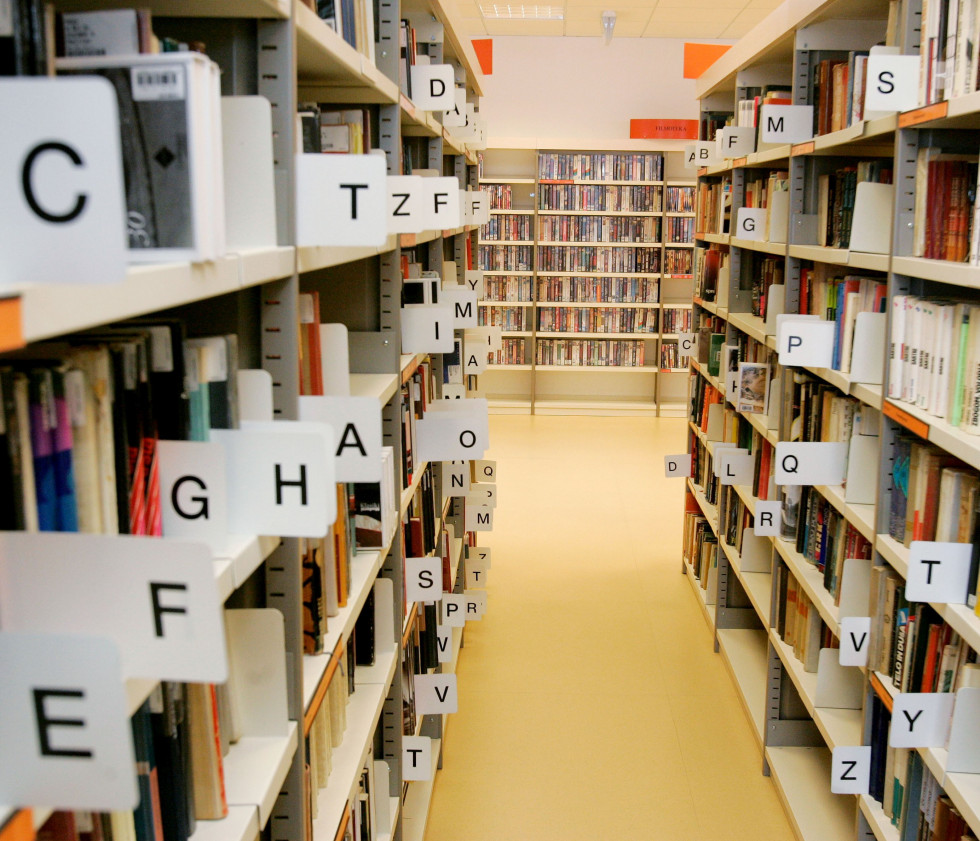A book a day keeps the doctor away
Library memberships were held by 476,348 people last year (of whom 150 thousand were children), which represents 22.9 percent of the entire Slovenian population, and nearly 10 million library visits were made. In 2018, Slovenia’s public libraries held nearly 11.5 million items of library materials in their collections. Libraries provide full-time employment for 1,232 people. Slovenia’s public libraries used EUR 51.8 million for their operations in 2018.
“A book a day keeps the doctor away”, says Tilka Jamnik, librarian and promoter of reading and good books, and a passionate advocate of family reading who encourages parents to read to their pre-school children. This spring, the International Literacy Association gave her an award for her lifelong commitment of exceptional and distinguished service to the field of literacy.
There are many librarians all over Slovenia who are similar to her – tireless, engaged, and committed to promoting books and reading. Because of them, Slovenia’s public libraries are much more than just the aforementioned statistics. Particularly in rural areas they are an indispensable part of the local community, a place for socialising and education. During public libraries week (18 – 22 November 2019), Slovenia’s public libraries will present their mission and their services, which provide every inhabitant of Slovenia with access to knowledge and information that in modern times are important for both the development of the individual and for promoting sustainable development and a democratic society. Public libraries and the services they provide are one of the most important networks in the value system of Slovenian society, as they represent openness and equality, are oriented towards the global while taking account of the local, and through the recognition of specifics transfer awareness of the importance of knowledge and the situation in society.


